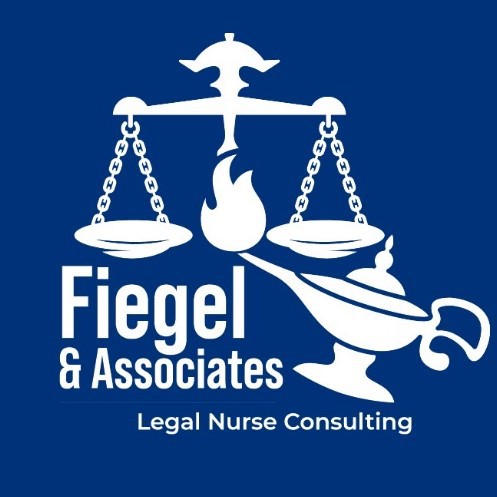When navigating the legal industry, it’s easy to come across an array of specialized roles. Two key professions often mistaken for one another are paralegals and Certified Legal Nurse Consultants (CLNCs). Although both play crucial roles in supporting attorneys and the justice system, their expertise and responsibilities are vastly different. Let’s delve into the distinctions.
Paralegal: A paralegal acts as a legal professional trained to assist attorneys in various facets of law. Paralegals handle tasks such as drafting legal documents, conducting research, organizing case files, and assisting in trial preparation. They’re indispensable in law firms, corporate legal departments, government agencies, and non-profit organizations.
Certified Legal Nurse Consultant (CLNC): A CLNC, by contrast, is a registered nurse with specialized training in legal consulting. Leveraging their medical expertise, CLNCs assist legal professionals in cases involving health-related matters. Their responsibilities often include reviewing medical records, identifying breaches in standard care, explaining complex medical terminology, and serving as expert witnesses. Sondi Fiegel RN, BSN, MSN, LSSGB brings over two decades of experience in various healthcare settings, including cardiac critical care, cardiac cath lab, cardiac rehabilitation, and healthcare program management. Her leadership roles have spanned positions such as Director of Adult Health Services, Director of Patient Care, and Director of Healthcare Program Implementation.
To become a paralegal, one typically earns an associate degree, bachelor’s degree, or certificate in paralegal studies. While certification is not mandatory in most states, earning credentials from organizations like NALA (National Association of Legal Assistants) or NFPA (National Federation of Paralegal Associations) can enhance career prospects.
For a CLNC, the path begins with becoming a Registered Nurse (RN) by obtaining a nursing degree and passing the NCLEX-RN exam. Following clinical experience, look for a consultant who has completed a specialized (and nationally recognized) CLNC certification program. This credential signifies their expertise in blending medical and legal knowledge.
Paralegals excel in research, organization, and an understanding of legal processes. Attention to detail, communication skills, and the ability to work under tight deadlines are crucial.
CLNCs bring clinical experience, critical thinking, and a deep understanding of healthcare systems and medical practices. They must also interpret how medical evidence aligns with legal standards.
Paralegals typically work in office settings within law firms, corporations, or government bodies. Their work is heavily focused on documentation and case preparation.
CLNCs can operate more flexibly. While they may collaborate with attorneys in legal offices, their expertise often takes them to hospitals, reviewing on-site medical procedures, or even to the courtroom as expert witnesses.
While both paralegals and Certified Legal Nurse Consultants are essential to the legal world, they serve distinct functions rooted in their specific areas of expertise.
Contact Fiegel & Associates Legal Nurse Consultants for more information about the most cost-effective healthcare expertise for Attorneys and Law Firms.

